The failed Stump Pond Dam in Blydenburgh County Park presents an opportunity to restore the ecological health of the Nissequogue River.
Nissequogue River
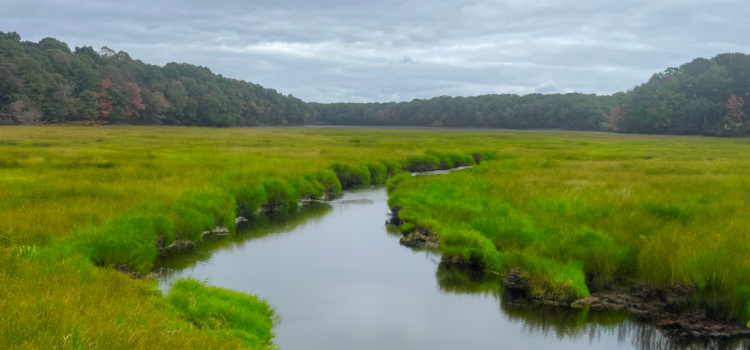

The failed Stump Pond Dam in Blydenburgh County Park presents an opportunity to restore the ecological health of the Nissequogue River.
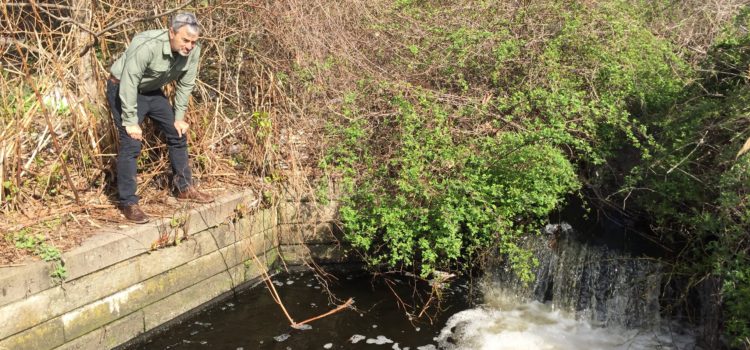
The annual Long Island Volunteer River Herring & Eel Survey is one of Long Island’s longest running community science projects.
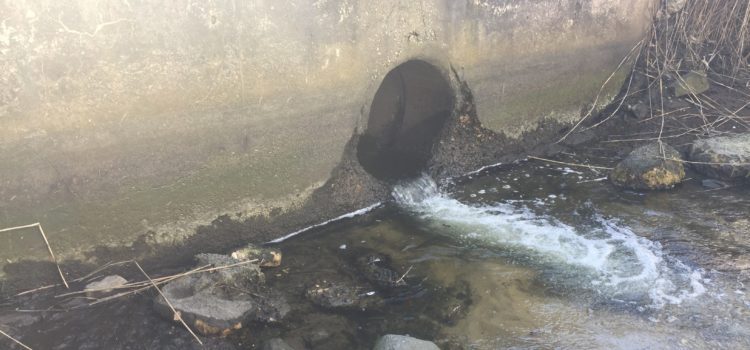
In addition to our work at Penataquit Creek, Bellmore Creek and West Brook, Seatuck has been involved in connectivity and restoration efforts across Long Island over the past decade as part of the River Revival Project. The following are some examples highlight the extent of this work.
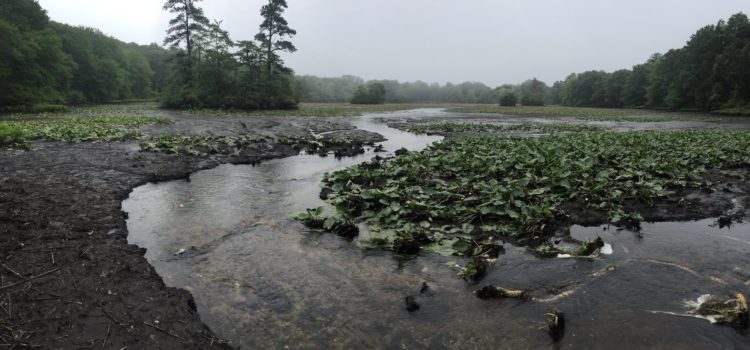
The only dam on West Brook, a major tributary of the Connetquot River, failed in 2019 and allowed the artificial pond behind it to drain. For the first time in over 100 years, the brook could once again flow naturally from its headwaters in Bayard Cutting Arboretum State Park down to the tidal reaches of the Great South Bay. It is now one of a only a few free-flowing streams on Long Island. It has great ecological potential as a place where migratory fish can return and other native riverine species can once again find a home.
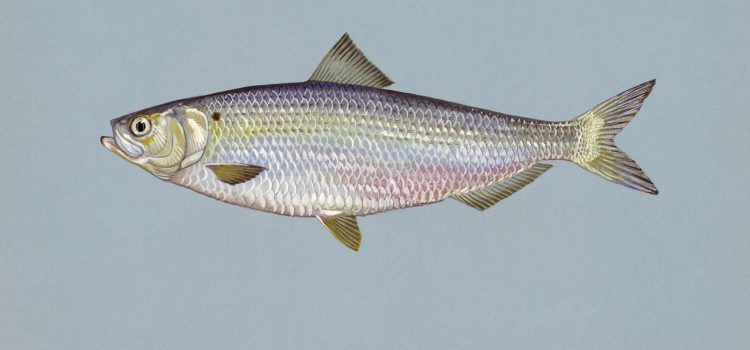
Diadromous Fish Diadromous Fish 99% of the 30,000+ fish species on Earth live exclusively in either salt or fresh water. The rest are known as “diadromous fish,” a category of unique fish that spend part of their life cycle in
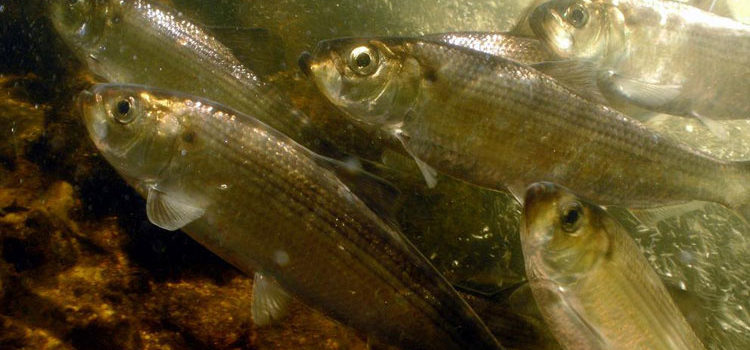
Seatuck’s Long Island River Revival Project seeks to restore the ecological health of the region’s coastal rivers and streams.